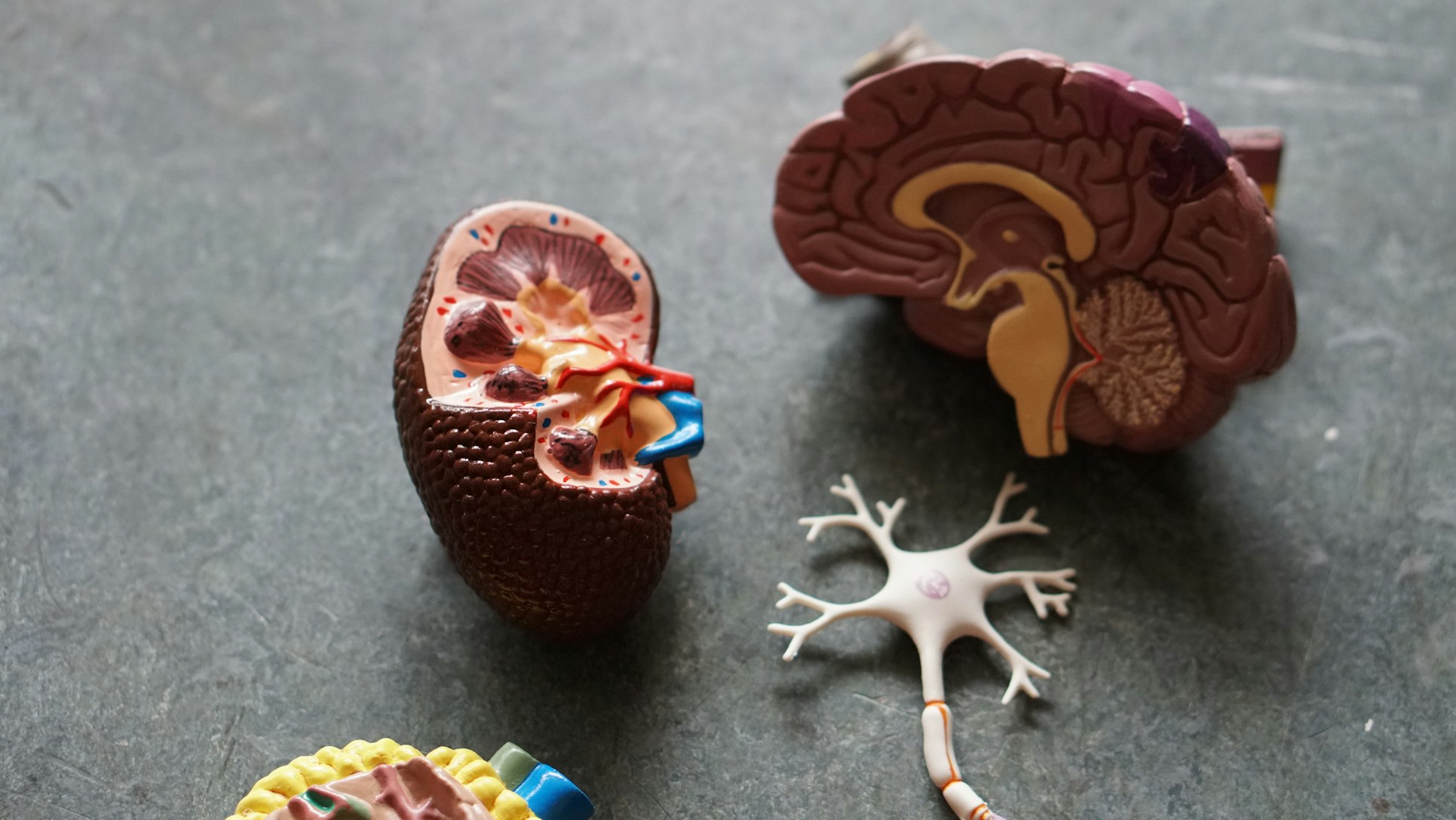Your kidneys are two of the most vital organs in your body, playing a crucial role in filtering waste, regulating blood pressure, and balancing fluids. Yet, many people unknowingly engage in habits that can harm these important organs over time. Kidney damage often develops silently, meaning you might not even realize you’re doing something that could hurt your kidneys until it’s too late.
The good news is that by making a few simple changes to your daily habits, you can keep your kidneys healthy and functioning properly. Here are 10 common habits that can easily damage your kidneys—and how to avoid them.
1. Not Drinking Enough Water
One of the most common and preventable causes of kidney damage is dehydration. When you don’t drink enough water, your kidneys can’t properly filter out waste from your bloodstream, which can lead to kidney stones and urinary tract infections (UTIs). Over time, this lack of hydration can lead to kidney damage or even kidney failure.
How to Avoid It: Aim to drink plenty of water throughout the day—around 6 to 8 cups for most people, depending on your activity level and climate. If you’re active, or if you live in a hot environment, you may need more. A good rule of thumb is to drink when you’re thirsty and adjust your intake based on your daily activities.
2. Consuming Too Much Salt

High salt intake is one of the leading contributors to high blood pressure, which is a major risk factor for kidney disease. Excess salt causes the body to retain more water, putting extra strain on your kidneys as they work to filter out the excess fluid. Over time, this can lead to kidney damage.
How to Avoid It: Cut back on processed foods, fast food, and canned goods, as these are often packed with sodium. Opt for fresh ingredients, and use herbs and spices to season your food instead of salt. When shopping, look for low-sodium alternatives.
3. Overusing Over-the-Counter Painkillers
Non-steroidal anti-inflammatory drugs (NSAIDs), such as ibuprofen and aspirin, are commonly used to relieve pain, but taking them too frequently can be harmful to your kidneys. These medications reduce blood flow to the kidneys and, when used long-term, can lead to kidney damage.
How to Avoid It: Use over-the-counter painkillers only when necessary, and for the shortest duration possible. If you find yourself needing pain medication regularly, consult a healthcare professional to address the root cause of your pain. Consider alternative pain management techniques, such as physical therapy or natural remedies, when appropriate.
4. Excessive Alcohol Consumption
Drinking too much alcohol can lead to kidney damage in several ways. It can dehydrate your body, raise your blood pressure, and cause liver damage, which in turn affects the kidneys. Chronic alcohol abuse can also increase your risk of developing kidney disease over time.
How to Avoid It: Limit alcohol intake to moderate levels—no more than one drink a day for women and two for men. If you find it difficult to reduce alcohol consumption, consider seeking professional help to develop healthier coping strategies.
5. Skipping Breakfast
Skipping breakfast regularly can affect your kidney health. A study showed that people who skip breakfast tend to have higher levels of blood sugar and cholesterol, both of which are linked to kidney disease. Skipping meals can also lead to dehydration, putting stress on the kidneys.
How to Avoid It: Make it a habit to eat a nutritious breakfast every day. Aim for a balanced meal that includes protein, healthy fats, and fiber—this will give you lasting energy and help keep your kidneys functioning well throughout the day.
6. Eating Too Much Protein
While protein is essential for your body, eating too much of it can put strain on your kidneys. High-protein diets, especially those that include large amounts of red meat, can cause an increase in waste products that your kidneys have to filter. Over time, this can lead to kidney damage, especially for those with preexisting kidney conditions.
How to Avoid It: Eat protein in moderation, and focus on plant-based sources like beans, lentils, and tofu. If you’re an athlete or have higher protein needs, try to consult a nutritionist to balance your intake appropriately and prevent unnecessary strain on your kidneys.
7. Smoking
Smoking is bad for nearly every part of your body, and your kidneys are no exception. Smoking can reduce blood flow to your kidneys, making it harder for them to filter waste. It also increases your risk of high blood pressure and cardiovascular disease, both of which can contribute to kidney disease.
How to Avoid It: If you smoke, consider quitting. Seek support from a healthcare provider or smoking cessation program to improve your health and protect your kidneys. If you don’t smoke, avoid exposure to secondhand smoke, which can also harm kidney function.
8. Not Getting Enough Exercise

Physical inactivity is linked to obesity, high blood pressure, and diabetes—all of which are risk factors for kidney disease. Regular exercise helps to maintain a healthy weight, regulate blood sugar levels, and reduce blood pressure, all of which contribute to kidney health.
How to Avoid It: Aim to engage in at least 30 minutes of moderate exercise most days of the week. Whether it’s walking, swimming, biking, or yoga, finding an activity you enjoy will make it easier to stay consistent and keep your kidneys in top shape.
9. Ignoring High Blood Pressure or Diabetes
Chronic conditions like high blood pressure and diabetes are among the leading causes of kidney disease. Both conditions can damage the kidneys over time if left untreated, as they put excessive strain on the blood vessels that supply your kidneys with oxygen and nutrients.
How to Avoid It: If you have high blood pressure or diabetes, it’s important to manage these conditions through medication, a healthy diet, and regular monitoring. Regular checkups with your healthcare provider will help you stay on top of your health and prevent kidney damage.
10. Not Getting Enough Sleep
Sleep is essential for your overall health, and inadequate sleep can harm your kidneys. Studies have shown that sleep deprivation can lead to higher blood pressure and inflammation, both of which can affect kidney function. Chronic lack of sleep is also linked to obesity and diabetes, which further increase the risk of kidney disease.
How to Avoid It: Aim for 7-9 hours of quality sleep each night. Create a relaxing bedtime routine, limit screen time before bed, and maintain a consistent sleep schedule to help your kidneys and overall health stay in peak condition.
Your kidneys play a crucial role in keeping you healthy, and by avoiding these damaging habits, you can help protect them for years to come. It’s important to remember that kidney damage often develops gradually, with little to no warning signs. Taking proactive steps to adopt healthier habits, such as staying hydrated, eating a balanced diet, managing chronic conditions, and getting enough sleep, can go a long way in maintaining kidney health.
If you’re unsure whether any of your habits are putting your kidneys at risk, consider speaking with a healthcare professional. By staying mindful of what you do each day, you can ensure your kidneys remain strong, functional, and ready to support your body for a lifetime.


